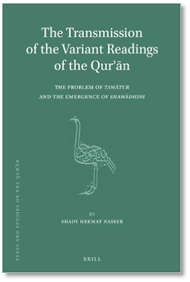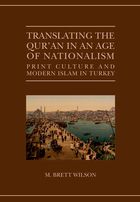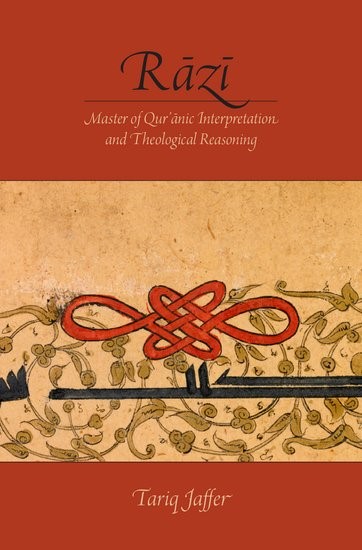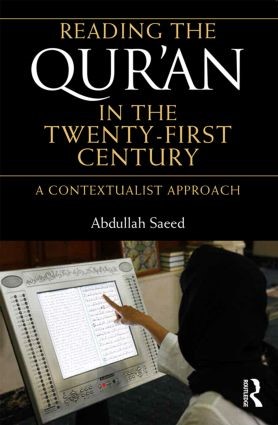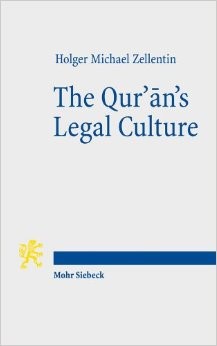2016 Year in Review & Happy 2017
It’s been a fruitful year for IQSA. In 2016 we furthered our work in the Review of Qur’anic Research (RQR), helped launch the the Qur’an Seminar Commentary, and completed work on the first issue of the Journal of the International Qur’an Studies Association, now in design and production. We also welcomed hundreds of friends and colleagues from around the world to our Annual Meeting in San Antonio. As the year winds to a close we reflect on our association’s achievements with gratitude to our members, contributors, and readers around the world. We also take this time to renew our dedication to providing valuable resources and opportunities for collaboration in Qur’anic studies in 2017.
2016 has also come with its challenges as well. We acknowledge the passing of renowned Qur’an scholars–and dear friends– during 2016. These include Ali Mabrouk as well as Andrew Rippin. The outpouring of support for the Andrew Rippin Best Paper Prize, and professor Rippin’s legacy has been unprecedented–thank you.
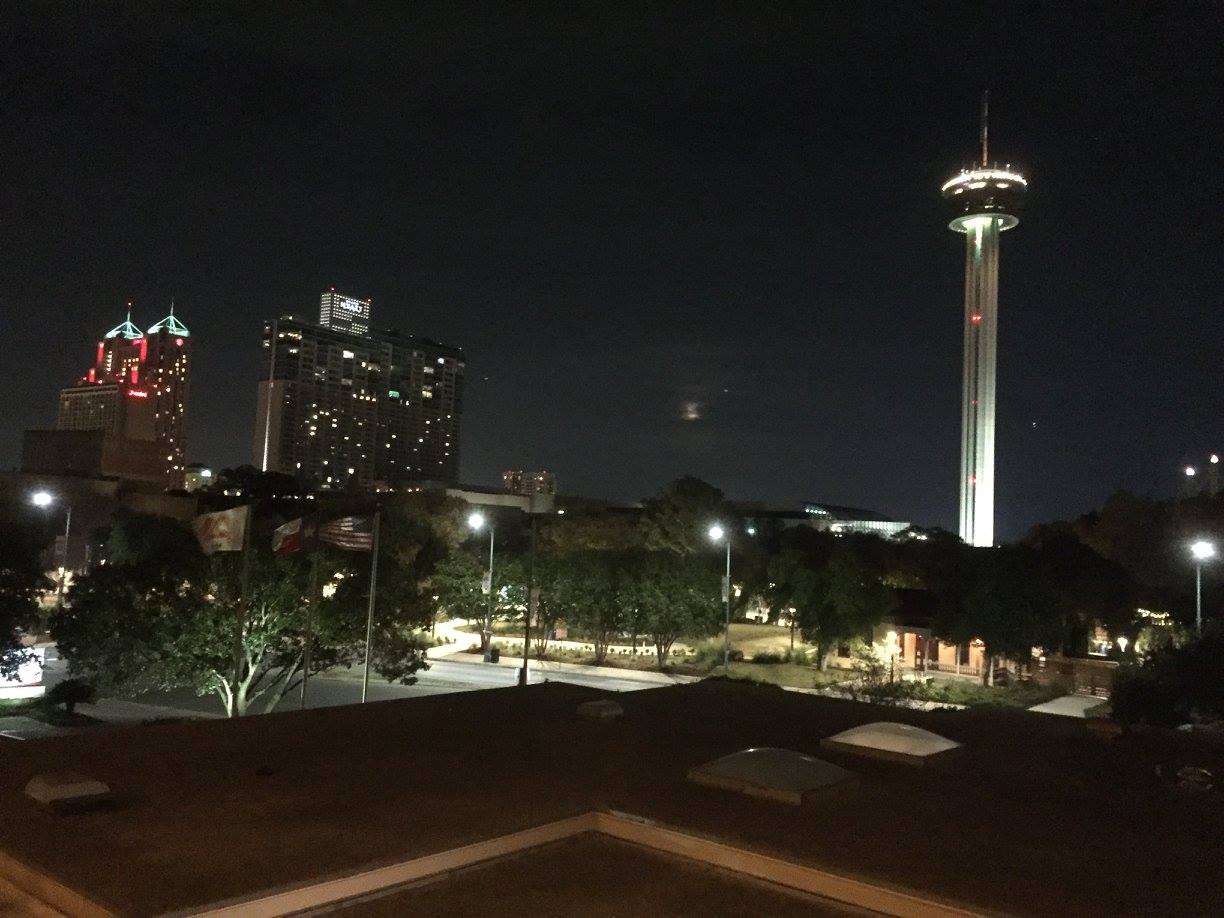
The work of IQSA wouldn’t be possible without the active support of our members. So start your new year off right by joining or renewing your membership in IQSA! Three tiered membership remains in place for 2017 ($25, $50, $75), with students and select junior or international colleagues paying as little as US$25 (USD). We do our best to keep membership dues low while offering high quality, academic and professional member benefits. Your membership and support are what make this exchange possible–thank you.
To become a member, please click HERE, where you will be asked to fill out a membership form and pay the appropriate membership fees. After completing this process, you will receive login information to save for your records and use to access member benefits at any time. You can then create your own profile for our member directory.
Membership benefits for 2017 include:
- Review of Qur’anic Research
- Exclusive access to our global membership directory
- Bilingual English-Arabic Journal of the International Qur’anic Studies Association (JIQSA)
- Discounted registration/affiliate rate for the Annual Meeting held annually in November
- Vote/governance
- Andrew Rippin Best Paper Prize ($250 USD and potential publication in JIQSA)
- Professional development opportunities for graduate students and junior scholars
We appreciate your membership!
U.S. taxpayers! Are you still looking to make an end-of-year tax deductible charitable donation? Consider supporting Qur’anic scholarship with a donation to IQSA. We are a registered 501(c)(3) not-for-profit organization eligible to receive tax-deductible charitable contributions. You can donate to IQSA online by clicking HERE.
Finally, please do not forget to follow our Blog, Twitter and Facebook accounts, and to join the private IQSA Discussion Group. Thanks for your support!
We wish you a very Happy Holidays! كل عام وأنتم بخير
© International Qur’anic Studies Association, 2016. All rights reserved.

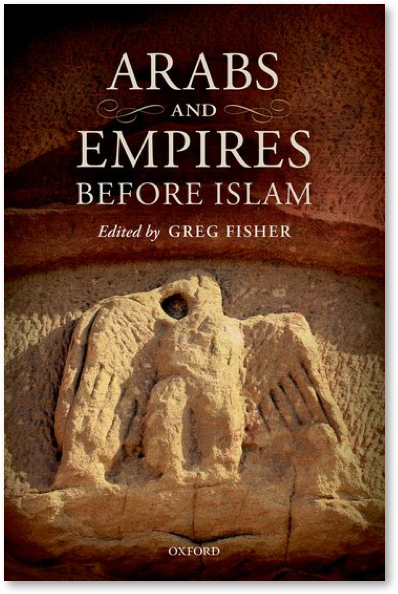
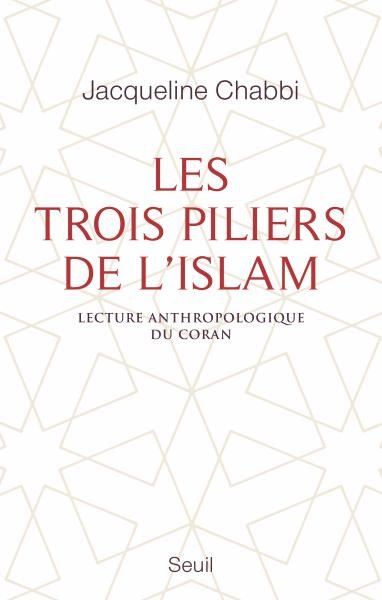

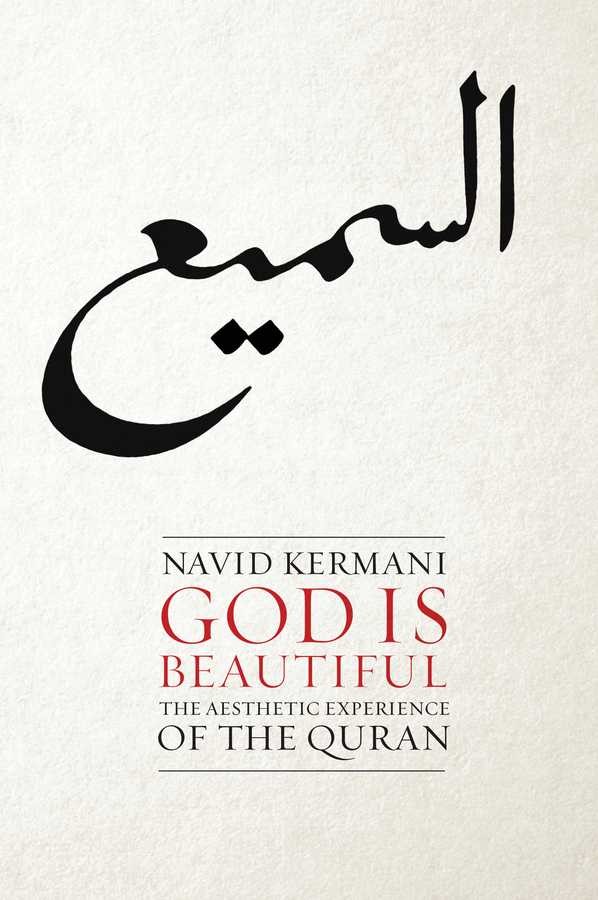
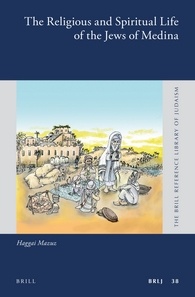
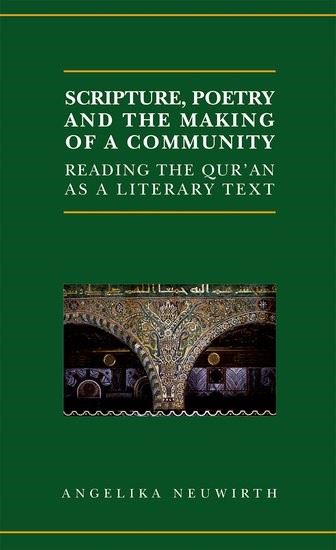 In the latest installment of the
In the latest installment of the 